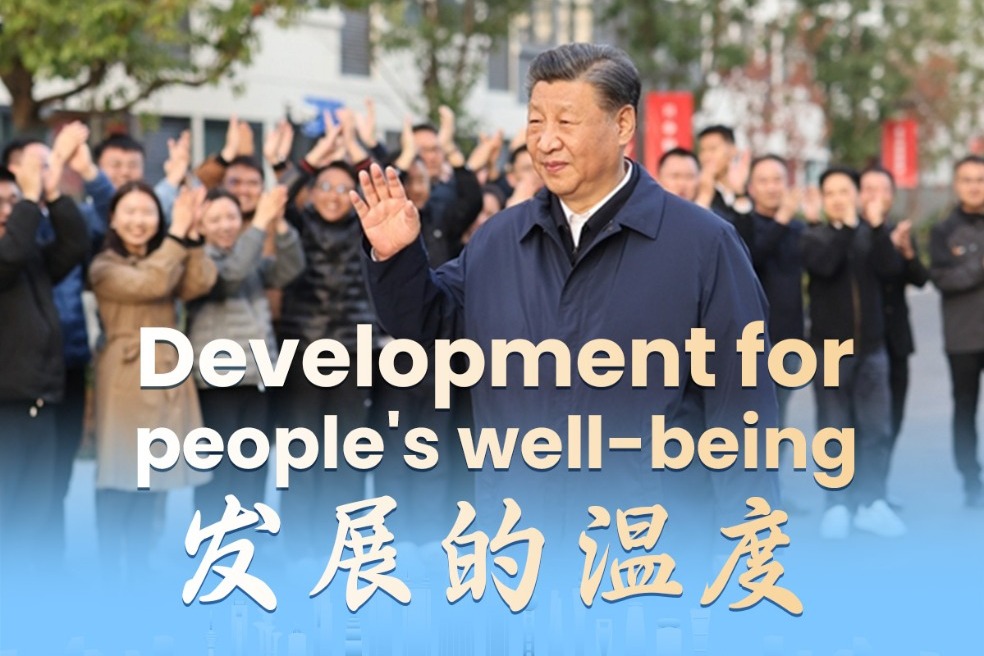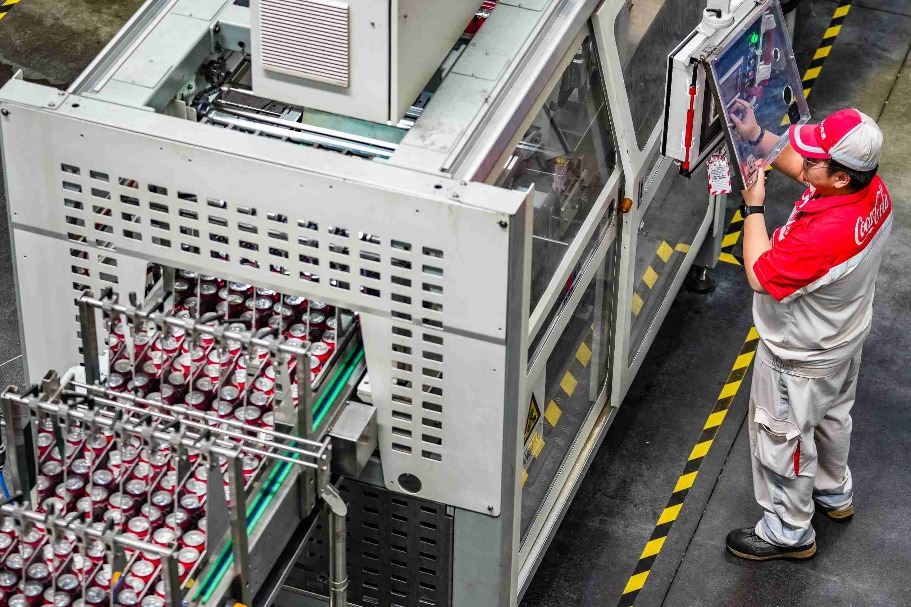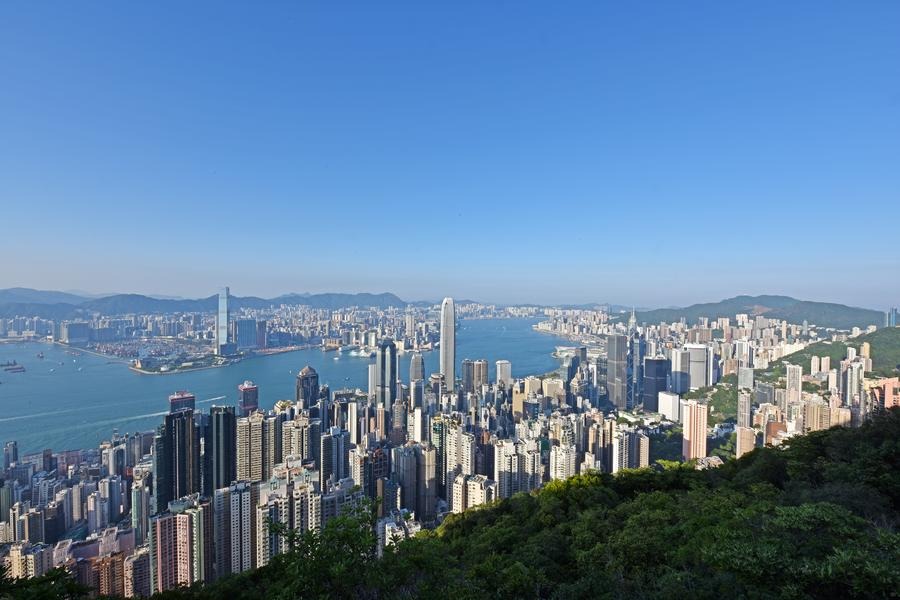Catalan referendum and its fallout a lesson for HK

Song Sio-chong notes how political problems in a region of Spain festered until they erupted into constitutional crisis
The recent political upheaval in Catalonia, precipitated by an independence referendum under the guise of "civil disobedience" and "peaceful resistance" is, technically speaking, Spain's worst constitutional crisis since the 1930s when a dictator Francisco Franco took power.
Catalonia is one of Spain's richest regions, having 7.5 million people and its own language as well as culture. Any Spanish region shall not be allowed to separate from its motherland and be independent as a nation by any means, according to Article 155 of Spain's constitution, which was approved by 91 percent of voters, including 68 percent of Catalan voters, in 1978. Unfortunately, many Catalans want independence for one reason or another - rather than rational discussion and negotiation with the central government for common economic prosperity and cultural development.

Neither "civil disobedience" nor "peaceful resistance" can resolve differences and conflicts; they are more often than not political tricks played by politicians with ulterior motives. International laws do not recognize unauthorized referendums under those guises in general. Referendums can be implemented legitimately in a few circumstances, such as colonies under foreign oppression and regions of a nation where in central governments have committed serious, internationally condemned crimes. In the Catalonian case, demands for a preferential status for the Catalan language and lighter tax burden, as well as the aspiration of Catalans to achieve a status as a highly advanced region in an economically backward country, can hardly be considered valid grievances.
However, taking advantage of Catalans' rising discontent, particularly after Spain's economic slump in 2008, some politicians have resorted to rather dangerous means - illegal referendums - to advance their political agenda. They conducted the 2009 referendum to test the water before launching the more serious one on Oct 1 this year under guise of "peaceful resistance". As the Catalonian referendum law had been suspended by Spain's Constitutional Court earlier, it could not be invoked without referring to so-called civil disobedience or peaceful resistance.
The Oct 1 referendum gained a favorable vote from 92 percent of the 2.3 million voters who cast a ballot. But the turnout rate was merely 43 percent. The silent majority of Catalans who do not support independence did not turn out, as the constitutional political parties asked citizens not to participate in the illegal referendum. Being illegal and shunned by most citizens, the referendum was in no way a mandate for Catalonia's independence.
As the Oct 1 referendum had no legal standing, Carles Puigdemont, then president of Catalonia, appeared rather reluctant to declare independence unilaterally for the region he headed. But after the Catalan Parliament declared independence for the region on Oct 27, he claimed to have gained a mandate for independence from the referendum, hoping to begin dialogue with the central government.
Confronted by the huge challenge, Spanish Prime Minister Mariano Rajoy, instead of passively resisting the referendum and the potential secession of Catalonia, triggered Article 155 of the Spanish constitution and tried to reinstate rule of law over the region by all means, including preventing the referendum from happening (in which he failed) and taking over the power of the Catalan government (in which he succeeded). Subsequent criminal prosecutions of high officials who took part in the secession movement against the constitution have also begun. Thanks to the well-thought-out Article 155, Spain's central government was able to take many measures to safeguard national integrity, including declaring an emergency, taking over public administration and sending in the military.
The Catalan government should undoubtedly take the blame for initiating this political movement, which has caused a political crisis, forcing more than 1,800 companies to move their head offices out of Barcelona. But the Spanish central government should also be blamed for not taking measures to uphold national unity and territorial integrity from the very beginning. It was reported that at least two generations of Catalonia's young people have been inculcated with the questionable notion that Catalonia is an ancient nation-state oppressed by Spain; the region has also been troubled by ridiculous and irrational bickering over use of the Catalan language. But Spain's central government has done little or even nothing to effectively mitigate the issues that affect relations between Catalonia and the central government as well as other parts of Spain.
The saga has not yet ended. No matter how the saga ends, there will be no winner. Both Spain's central government and the Catalan region have suffered and are all losers.
Under the "one country, two systems" setup, the Hong Kong Special Administrative Region may face similar problems. To prevent the Catalan incident from repeating here, both the central and local governments should take proactive measures in safeguarding national unity. By all means, we must uphold our Constitution and the Basic Law. And the best way to do that is to enhance national education for our youngsters and take necessary preventive measures to nip any secessionist movement in the bud.
(HK Edition 11/22/2017 page8)
Today's Top News
- CPC Central Committee to hold news conference on plenary session
- CPC plenum concludes, adopting recommendations for China's 15th Five-Year Plan
- China to hold economic and trade talks with US in Malaysia
- AI integration improving productivity across sectors
- Taiwan compatriots invited for anniversary
- Financial sector mobilizes to support high-quality growth






























